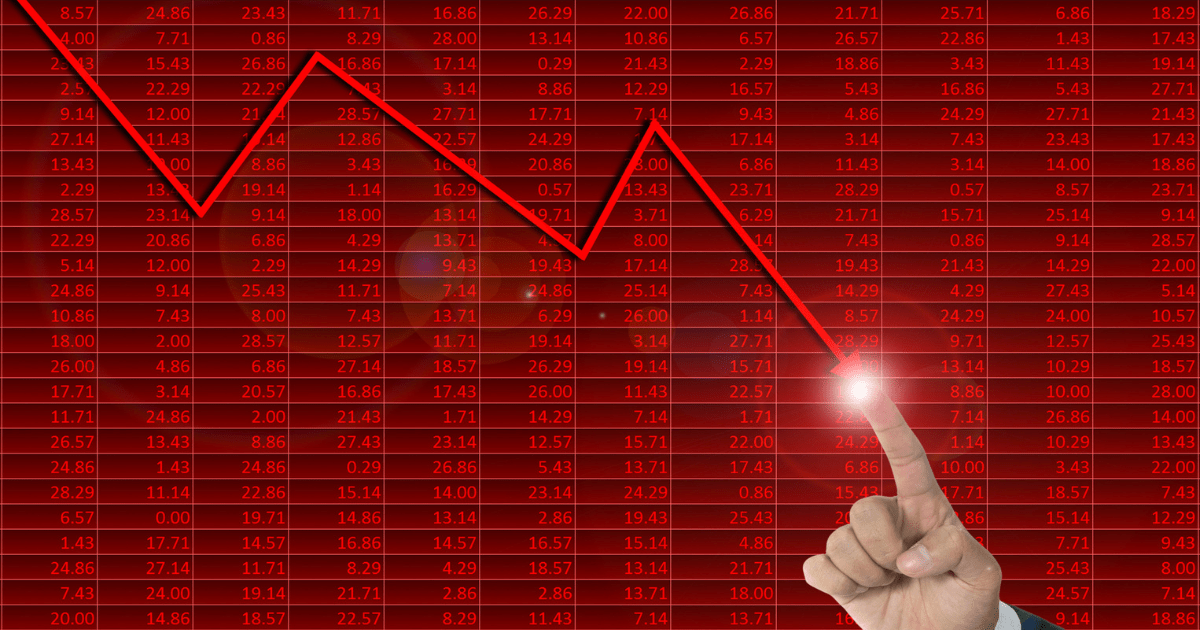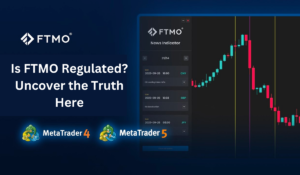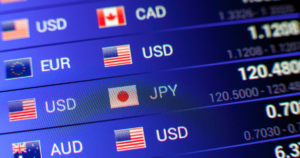Introduction
The foreign exchange market, commonly known as forex, offers vast opportunities for traders to profit from currency fluctuations. However, statistics reveal that a significant number of forex traders end up losing money. In this comprehensive guide, we delve into the reasons behind these losses and provide invaluable tips and strategies to help traders mitigate risk and improve their chances of success.
1. Trading without a Clear Strategy
One of the primary reasons forex traders lose money is the absence of a well-defined trading strategy. A trading strategy serves as a roadmap, guiding traders in their decision-making process and providing a framework for analyzing market conditions. It is crucial to understand different types of strategies and select one that aligns with your trading style and risk tolerance.
1.1 Importance of Having a Trading Strategy
A robust trading strategy incorporates elements such as entry and exit points, risk management techniques, and indicators for analyzing market trends. By having a clear plan, traders can avoid impulsive and emotional trading decisions that often lead to losses.
1.2 Adapting to Market Conditions
Market conditions are dynamic, and a strategy that works well in one situation may not be effective in another. It is essential to assess the market environment regularly and adjust your strategy accordingly. Factors such as volatility, economic events, and global developments can significantly impact currency movements.
1.3 Skill Development and Strategy Implementation
Successful implementation of a trading strategy requires both technical knowledge and skill development. Traders must continuously enhance their understanding of technical analysis, chart patterns, and risk management principles. Additionally, traders should evaluate their abilities and ensure they possess the necessary skills to execute their chosen strategy effectively.
2. Lack of Respect for the Forex Market
The forex market is the largest financial market globally, with trillions of dollars traded daily. Failing to respect the market’s size, volatility, and intricacies can lead to substantial losses. Traders must familiarize themselves with market dynamics and exercise caution when participating in trading activities.
2.1 Understanding the Size and Volatility of the Market
The forex market operates 24 hours a day, five days a week, and is highly liquid. Traders should be aware of the different trading sessions worldwide and the impact of major economic news releases on currency prices. During times of high volatility, such as economic announcements or geopolitical events, spreads can widen, and market liquidity may decrease, making it challenging to execute trades at desired prices.
2.2 Utilizing Economic Calendars for Monitoring Events
To stay informed about significant market events, traders should utilize economic calendars provided by forex brokers. These calendars highlight key economic indicators, central bank announcements, and other events that can influence currency values. By staying updated on scheduled events, traders can adjust their trading activities accordingly, avoiding volatile periods and making more informed decisions.
3. Failure to Continuously Improve
Forex trading is a journey of learning and development. Traders who fail to analyze and learn from their trades, both winners and losers, miss out on valuable insights that can lead to improved performance. Continuous improvement is essential for long-term success in the forex market.
3.1 Analyzing and Learning from Losing Trades
Losing trades provide valuable learning opportunities for forex traders. Instead of blaming external factors, traders should reflect on their decision-making process and identify areas for improvement. By analyzing losing trades, traders can uncover patterns, identify mistakes, and adjust their strategies accordingly.
3.2 Identifying Lessons from Successful Trades
Similarly, successful trades should not be overlooked. Traders should analyze the factors that contributed to their success, such as accurate technical analysis, effective risk management, or timely entry and exit points. By identifying patterns and strategies that have worked well in the past, traders can incorporate them into their future trading plans.
3.3 Embracing Continuous Learning and Growth
Forex trading is a dynamic field that requires ongoing education and adaptation. Traders should invest time in expanding their knowledge through reading books, attending webinars or seminars, and following reputable forex blogs and forums. Staying informed about new trading strategies, market developments, and risk management techniques is crucial to staying ahead in the forex market.
4. Insufficient Knowledge and Preparation
Insufficient knowledge and preparation are common pitfalls for novice forex traders. Without a solid understanding of market fundamentals, technical analysis, and risk management principles, traders are more likely to make costly mistakes. Proper education and preparation are key to minimizing losses and increasing the chancesof success.
4.1 Importance of Forex Education and Demos
Forex education is a vital foundation for traders. It provides the necessary knowledge and skills to navigate the complexities of the market. Traders should familiarize themselves with fundamental analysis, technical analysis, and risk management concepts. Many reputable online resources offer comprehensive educational materials, including video tutorials, articles, and courses.
Additionally, utilizing demo accounts offered by forex brokers is essential for practice and gaining hands-on experience. Demo accounts allow traders to execute trades in a simulated environment without risking real money. They provide an opportunity to test strategies, understand platform functionalities, and develop confidence before transitioning to live trading.
4.2 Recommended Resources for Learning
To enhance their forex knowledge, traders can explore various educational resources. Reputable forex websites, online courses, and books authored by experienced traders and industry professionals can provide valuable insights into trading strategies, market analysis techniques, and risk management practices. It is crucial to select resources from trusted sources to ensure accuracy and reliability.
4.3 Utilizing Demo Accounts Effectively
When using a demo account, traders should treat it as seriously as a live trading account. They should practice discipline, realistic risk management, and execute trades based on their chosen strategy. It is advisable to track and evaluate performance on the demo account, identifying areas for improvement and refining strategies before transitioning to live trading.
5. Mismanagement of Leverage
Leverage allows traders to control larger positions with a relatively smaller amount of capital. While leverage can amplify profits, it can also lead to significant losses if not managed properly. Traders must understand the risks associated with leverage and implement effective risk management strategies.
5.1 The Double-Edged Sword of Leverage
Leverage magnifies both gains and losses in forex trading. While it can increase potential profits, it also exposes traders to greater risks. It is essential to use leverage judiciously and set appropriate risk limits to protect capital.








